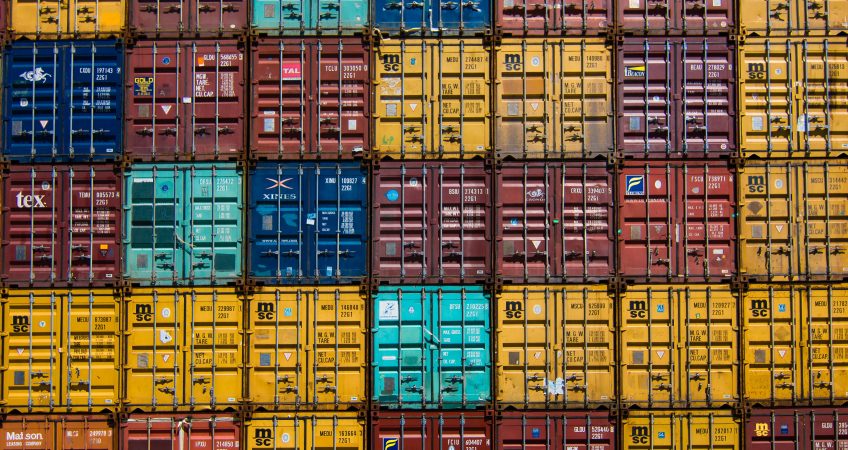03 Feb

Importing Goods from Outside the EU – Important Steps
The following is for guidance purposes only and should not to be taken as exhaustive.
- Register your business for importing
Most businesses will require an EORI number to import goods into the UK. You do not have to be VAT registered to obtain an EORI number. - Decide who will make customs declarations and transport the goods
Most business will use a customs agent for this. - Classify your goods and find out if you can delay or reduce your duty payment
This requires you to choose the right commodity code to classify the goods you are importing, which will then form the basis of your duty calculation. Your customs agent might be able to help you with this. - Value your goods
This would usually be the commercial invoice provided by your supplier. It is on this amount that duty and VAT will be calculated. - Get a license or certificate if you need one
You might need a license or certificate if you are importing certain goods like medicine or plant- based products (to name a few). Your customs agent might be able to help you with this. - Get your goods through customs
In most cases your will have nominated your customs agent to do this on your behalf. He will declare the goods at port, pay the relevant Duty and VAT. Once your VAT is paid, you will be C79 (Import VAT Certificate) which will be proof that VAT has been paid. Make sure you keep this safe, as it would be required by HM Revenue & Customs, should HM Revenue & Customs conduct a VAT inspection or an inspection of business records. - Claim a VAT refund
If you are VAT registered you can claim the VAT paid to HM Revenue & Customs, as evidenced by C79, in your VAT return. However, businesses not registered for VAT can not claim this input VAT. - Keep invoices and records
You must keep a record of your commercial invoices and C79.
